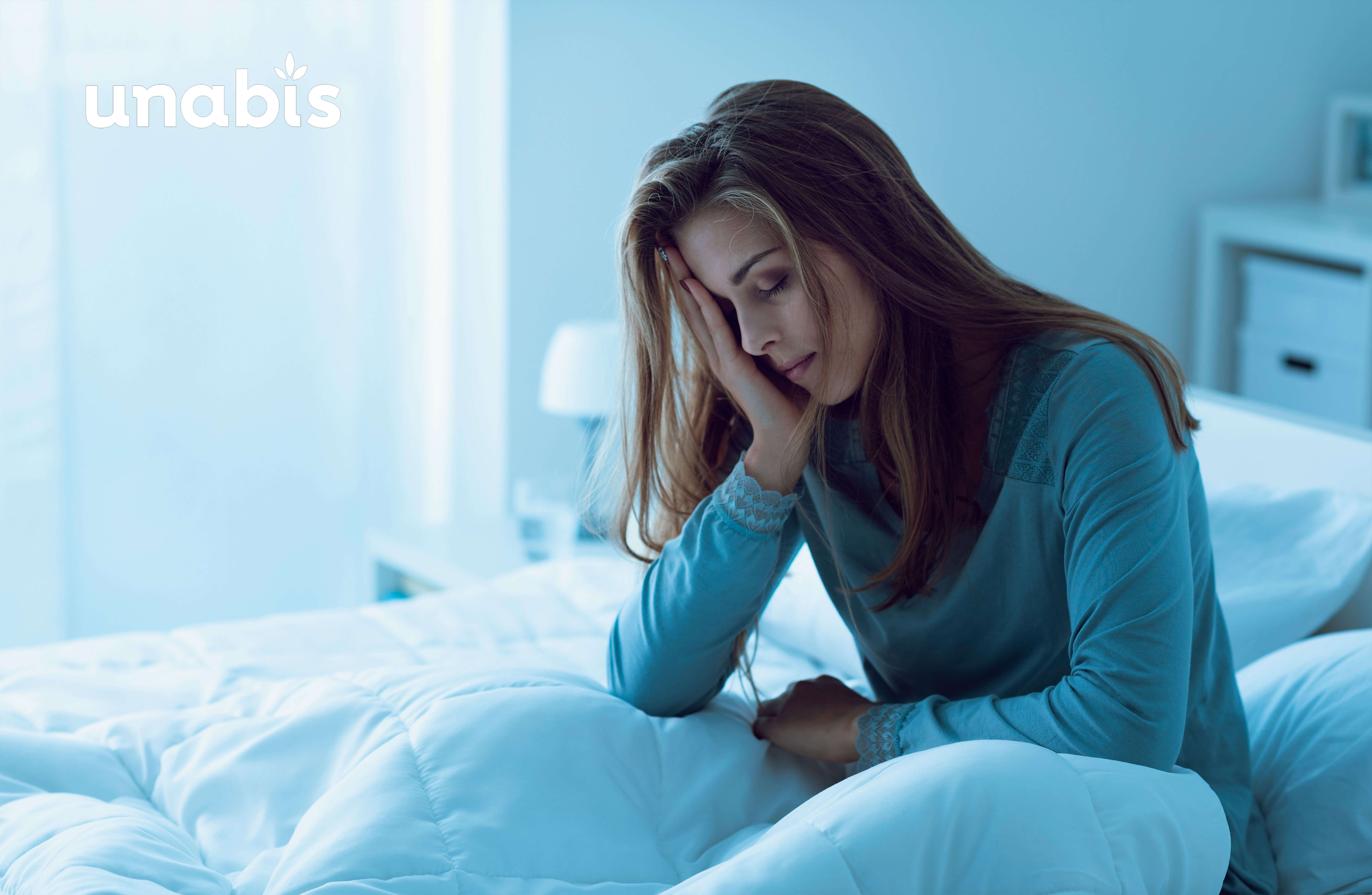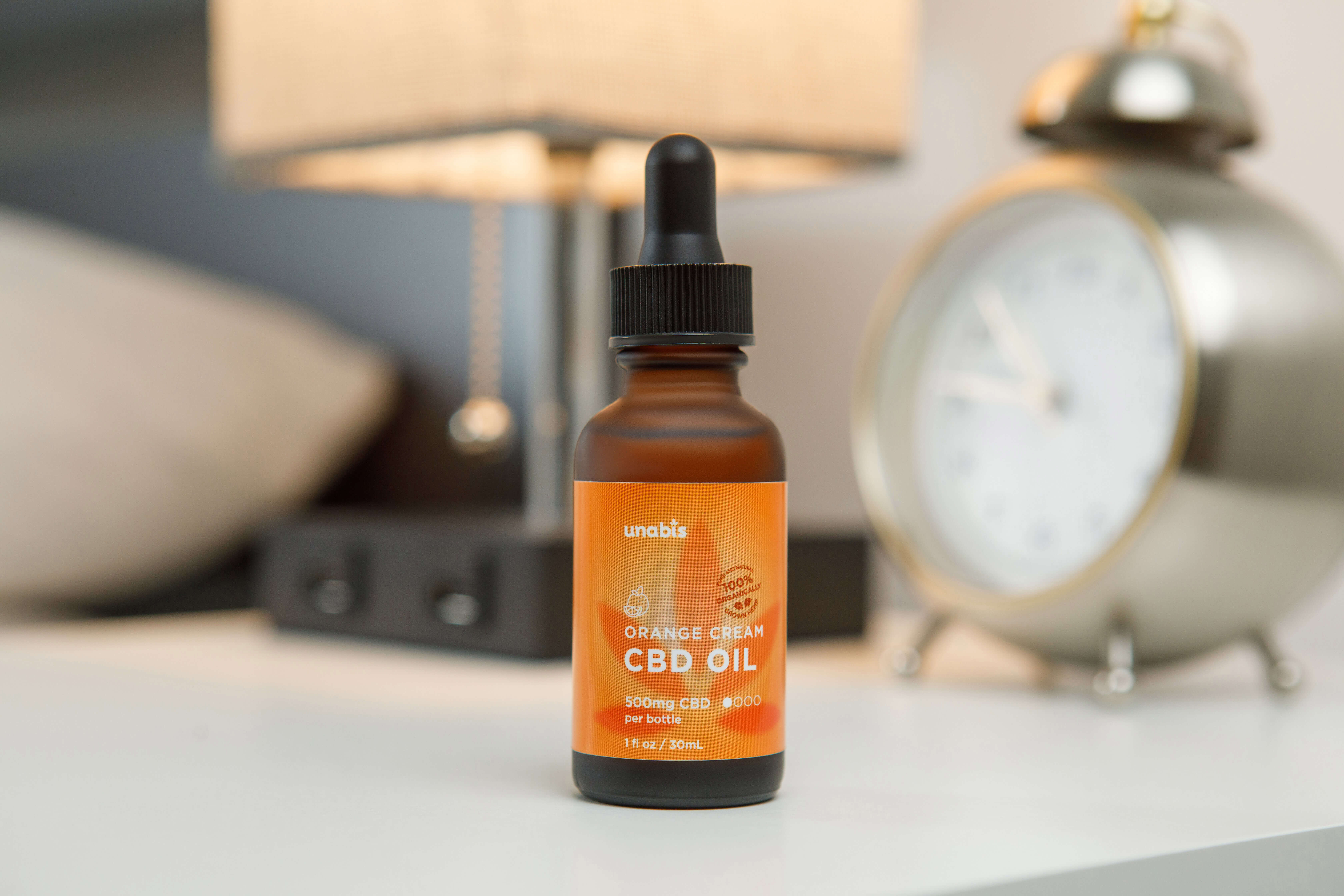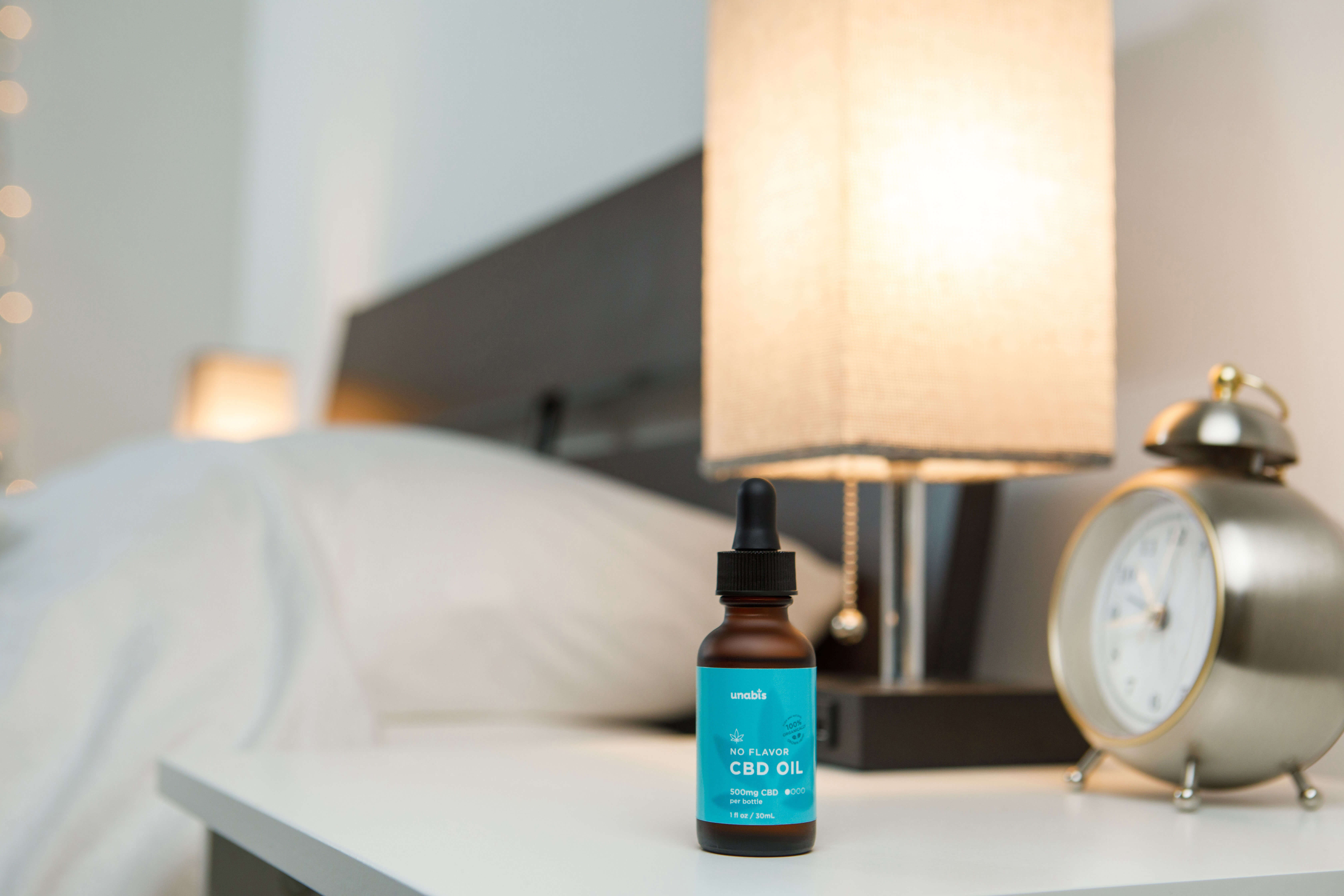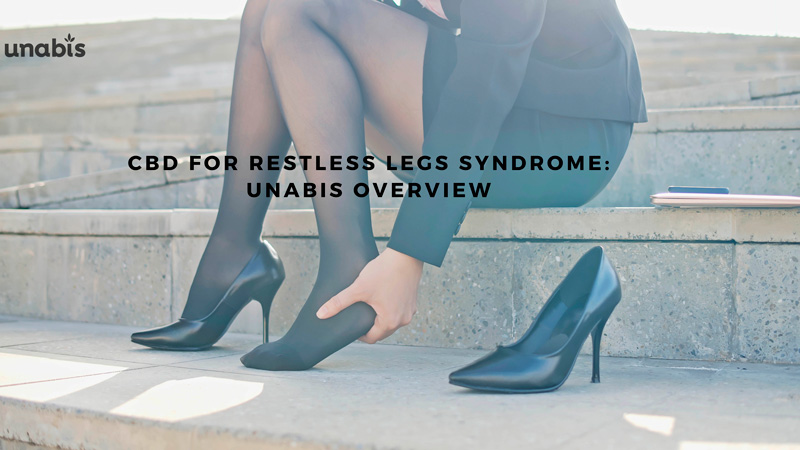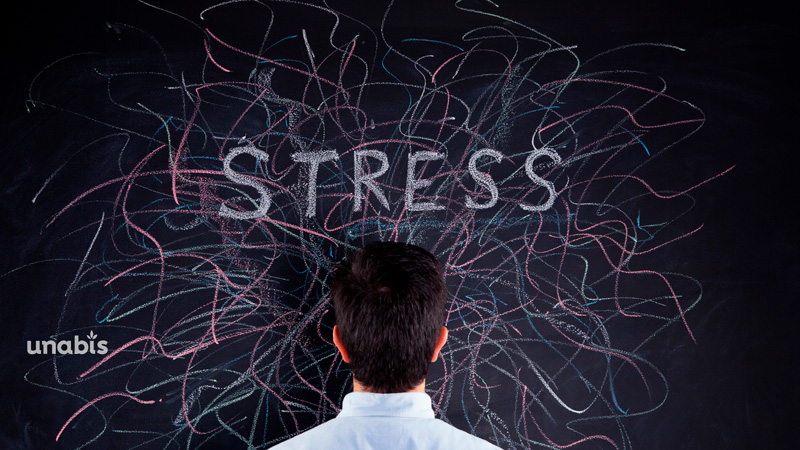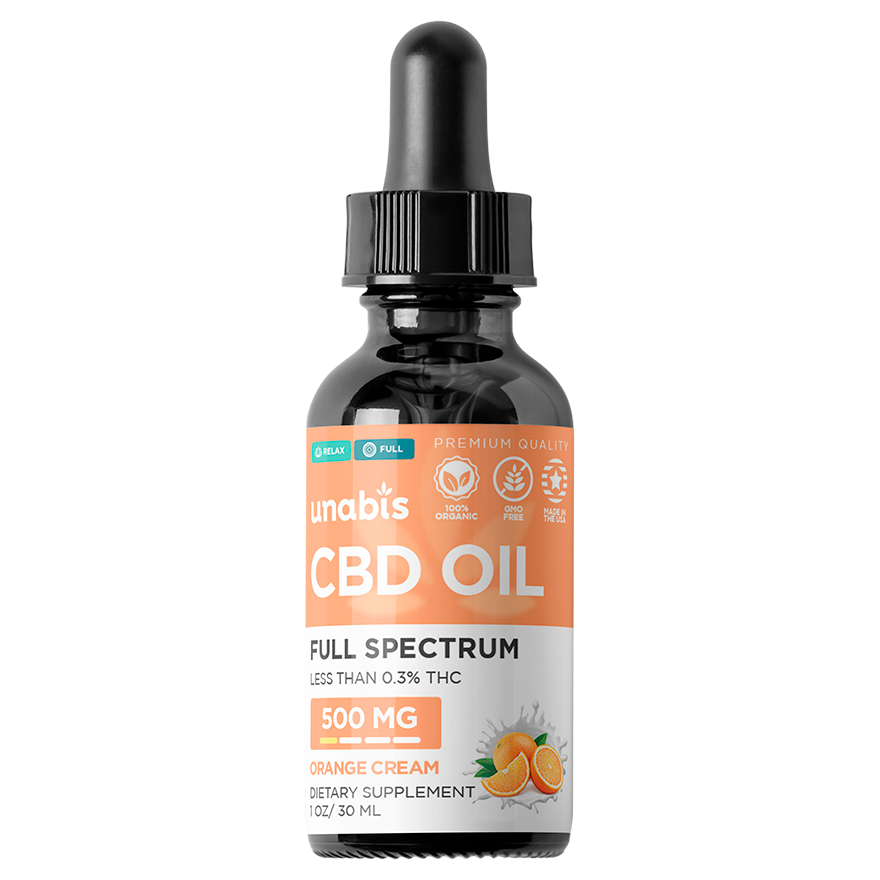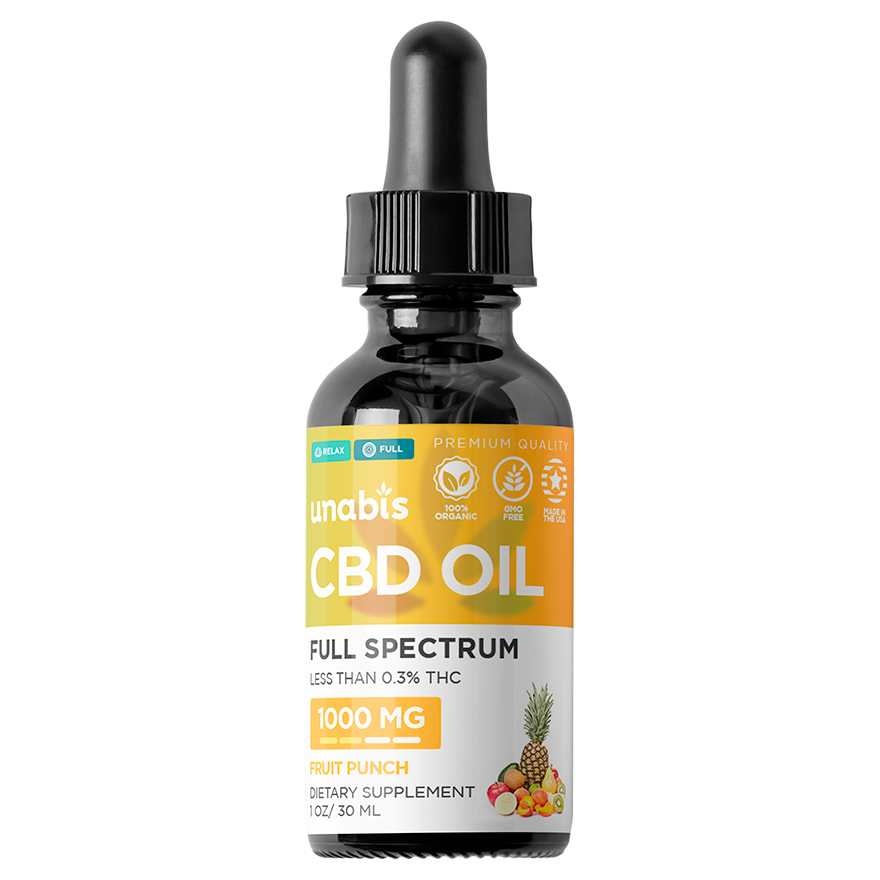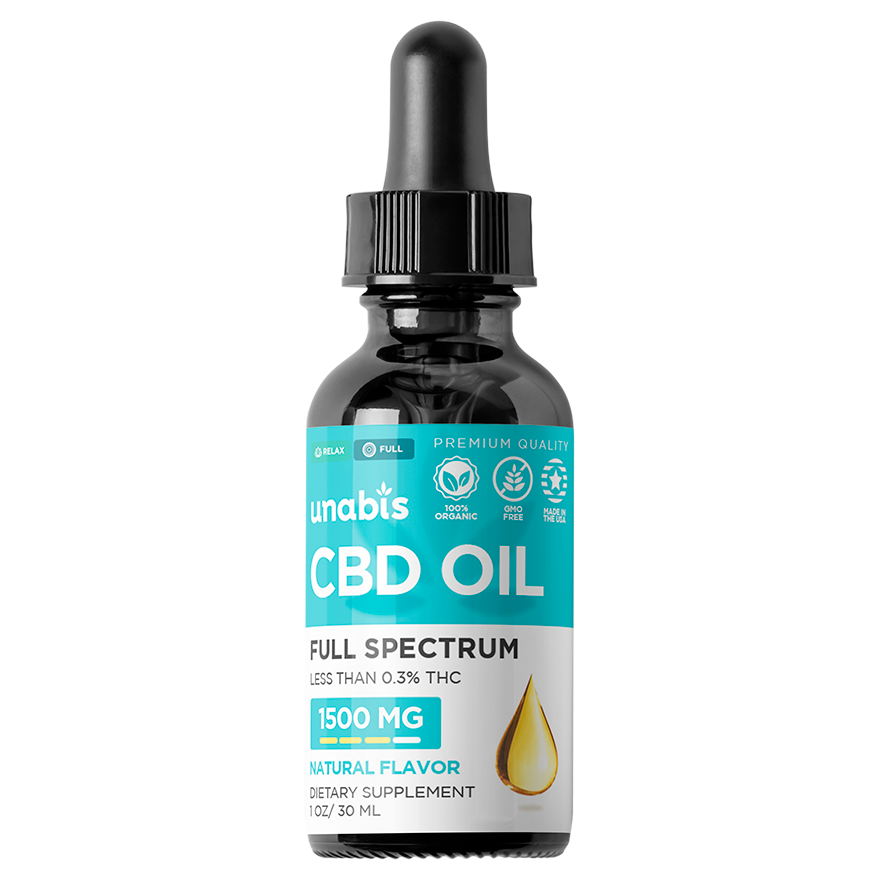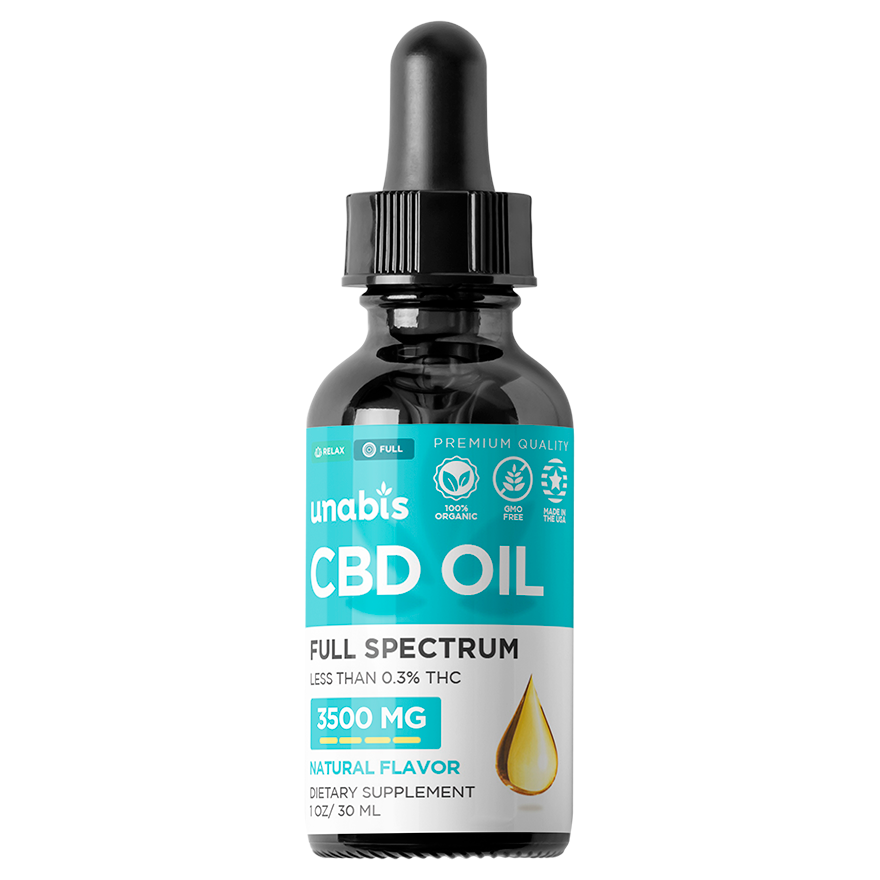One in four adults in the US suffers from insomnia. At first glance, this problem may seem not so significant but in the long run, it quickly takes on a chronic form and begins to affect our physical and mental health in quite a harmful way. The earlier you begin to deal with it, the easier it will be to cope with insomnia.
Top Reasons for Sleep Patterns Violations and Insomnia
There are a lot of reasons for insomnia development, and they are always individual. Below are the top reasons most frequently reported by those suffering from this issue.
- fatigue
- stress
- intractable pain
- melancholia
- the action of a drug
- epigastric burning
- restless legs syndrome
- circadian rhythm disorders
- night work.
While the reasons for insomnia development are quite diverse and individual, the consequences of not getting enough night’s sleep are the same.
What Happens to Your Body If You Don’t Sleep Well
We bet you know the first symptoms of quality sleep lack quite well. At least, these are fatigue, sleepiness, irritability, nervousness, decreased performance, and inability to concentrate. In the long term, the health consequences of getting not enough high-quality night sleep become more severe. Below are some of the possible issues.
- body weight gain. People who have trouble sleeping get hungry quickly, eat more, and use less energy. This is explained by the changes in the hormonal background provoked by the lack of sleep.
- weakened immune system. During sleep, the human body produces antibodies, proteins, and hormones necessary for the immune system’s function.
- libido and fertility. You got it right – having enough sleep is essential to support your libido and fertility on a healthy level, both from physical and mental points of view.
- difficulty concentrating and memory impairment. A lack of good quality sleep leads to an accumulation of beta-amyloid proteins in the brain. It is one of the causes of Alzheimer’s development in the long run.
- heart disease. Sleeplessness increases the risks of coronary artery disease, hypertension, and diabetes mellitus.
- appearance. Trouble sleeping affects our appearance. The skin becomes dull, wrinkles appear faster, and hair becomes brittle. Research has also shown that people with insomnia become less attractive to others.
How to Optimize your Lifestyle for Better Sleep – The Simplest Still Effective Tips
Let’s get your sleep back on track by reviewing your daily schedule and making it more focused on getting enough sleep. Here is how to beat insomnia with simple lifestyle optimization tips.
Go to Bed at the Same Time
We know this rule from childhood – go to bed early and at the same time every day to have enough rest and energy in the morning. Still, this simple rule is the one that we broke most often, being misguided by the belief that we will get enough sleep tomorrow. Or the day after tomorrow.
But it doesn’t work that way. The chaotic schedule knocks down the circadian rhythms that control the process of falling asleep and awakening. These rhythms are regulated by the rising and setting of the sun and change with age.
In turn, the disruption of the biological clock leads to the following sleep problems:
- poor sleep quality;
- having difficulty falling asleep;
- awakening in the middle of the night.
How to beat insomnia if you already have the habit of going to bed at a different time every day? The good news is that the human body likes to live on schedule, and following it is one of the most obvious tips for insomnia. Your body will quickly get used to falling asleep and waking up at the same time if you make an effort.
Get into the habit of going to bed step by step. Falling asleep at the same time is a difficult task. In the beginning, train yourself to wake up according to a timetable. Set an alarm.
The next step is trying to go to bed no later than 10:30 p.m. every day. It will be difficult at first, but the body will soon get used to falling asleep faster.
Also, take sleep duration recommendations into account to develop a healthier sleep schedule for yourself:
- young adults (18-25 years) – 7-9 hours
- adults (26-64 years) – 7-9 hours
- older adults (≥65 years) – 7-8 hours.
Create a Restful Sleep Environment
Sometimes the solutions to sleep problems are right in your home. There is no need to make repairs or move – you just have to optimize your bedroom. Here is how to create a restful environment that helps you to beat insomnia.
Set the Right Temperature
Many people like to sleep in a cool room. Others wrap themselves in a warm blanket all year round. But is it right? Let’s figure out how the right temperature helps beat insomnia.
During sleep, the temperature of the human body decreases. The lowest measure is reached at about 5 a.m. Then the body temperature starts to rise again. That’s why if the bedroom is cool, we fall asleep faster.
The diapason between 65 and 72 degrees Fahrenheit is considered a comfortable temperature for sleeping. To maintain the optimal temperature in a room, follow simple rules:
- adjust the temperature of the radiator during cold seasons, and close curtains or blinds during hot weather;
- in a few hours before bedtime, open the windows and ventilate the room or turn on the air conditioner;
- choose bedding and sleepwear made from natural fabrics;
- don’t use heavy and too warm blankets.
Find Your Healthy Sleep Position
We rarely think about the position in which we fall asleep. What’s more, there are no best and worst sleeping positions since the same pose can be uncomfortable in one situation and relieve pain in another. Each pose has its pros and cons, so let’s review them to find the one that suits you best
Back-sleeping
While sleeping on your back, you can relax your muscles as much as possible and align your spine. This position was found to be the most useful. Sleeping on your back helps you recover better and fatigue goes away faster. But there is a negative aspect to this sleeping position – people tend to snore when sleeping on their back. Snoring by itself isn’t a healthy case, especially for those who suffer from night apnoea.
Stomach position
IIn this position, the neck, and spine are twisted unnaturally. It leads to constriction of the artery and impairment of blood circulation in the brain. Breathing and work of the heart in this position are also impaired. Still, a lot of people like to sleep this way and find it very comfortable.
Fetal position
The position of the fetus is the most natural and the most favorable. It is advisable to sleep on the right side since there will be no additional pressure on the heart.
Choose the Right Pillow
After choosing your sleeping position, get a good pillow. A comfortable pillow will help sleep deeply and feel good upon waking up.
You will be surprised but the choice of the right pillow for you greatly depends on your sleeping position. For people who sleep on their side, high pillows would be better. The thin pillow will be comfortable for those who prefer to lie on their back or stomach. If you change positions frequently during sleep, have both types of pillows on your bed. If you sleep on your stomach, you need a soft and thin pillow.
Follow Pleasant Evening Rituals for Better Sleep
After a busy day, the body needs help to calm down and fall asleep. Here is how your wind-down routine may look like to beat insomnia.
Read a Book
If you want to disconnect from the real world with its worries and problems, there is nothing better than an interesting book. 15-30 minutes of reading will be sufficient to leave your worries in the day that have already ended and fall asleep peacefully
Dim the Light
You will fall asleep easier if there is no light in the room since the darkness will naturally trigger the production of melatonin, the hormone responsible for sleep. Dim the lights half an hour before going to bed so that the body tunes into sleep.
Meditate
Daily events, ideas, tasks, and plans often do not leave the mind even after the end of the work. To quickly switch between the sympathetic and parasympathetic nervous systems, which are responsible for relaxation, try meditation and breathing practices. You can do it with ease with the help of various yoga and meditation mobile apps.
Practice Journaling
Matthew Walker, Founder, and Director of the Center for Human Sleep Science has been studying the issue of how to beat chronic insomnia for a long time. He recommends setting aside 5 minutes before bed and writing down all your tasks for tomorrow. It helps you calm down and feel like it’s all in hand.
Try Aromatherapy
Essential oils of lavender, lemon balm, jasmine, and passionflower will help calm down and beat insomnia.
After you are done with these simple and positive practices for getting your sleep back on the right track, make sure you avoid the things that negatively affect the nervous system in the evening and prevent you from sleeping better.
Things to Avoid Before Bed
Sleep quantity and quality directly depend on our daily habits. Let’s cut some of the negative ones off.
Caffeine
Before bed, our body needs to calm down. But caffeine raises blood pressure and stimulates the brain. Therefore, it is not recommended to drink caffeinated drinks a couple of hours before bedtime.
Alcohol
In small amounts, alcohol can make you fall asleep. But with regular use, alcohol disrupts sleep patterns and leads to insomnia. Fortunately, the only thing you have to do is to avoid drinking alcohol in the evening, and your body will quickly get used to falling asleep in its natural way. We have also dwelled on the ways alcohol influences your nervous system in our dedicated article – you are welcome to check it.
Gadgets
Using gadgets or the TV before bed reduces sleep quantity and irritates the nervous system. Therefore, turn off gadgets two hours before bedtime. After all, beating insomnia is more important than knowing all the news and social media updates.
Work in a Bed
In a bed, you need to sleep, rest or have sex. Choose another place in the house to work. Otherwise, your brain will associate bed with work and will not be ready to fall asleep.
As the next step, consider using organic supplements as one of the natural ways to beat insomnia.
How to Beat Insomnia Using Natural Supplements
How to beat insomnia with natural remedies? Let’s review the options available and find the one that will work best in your case.
- Melatonin. Melatonin is a hormone that signals the brain to sleep. It is usually produced naturally but this process can be disrupted by external influences and your daily habits. An extra dose of melatonin is a natural way to beat insomnia.
- Magnesium. It helps you calm down, relax, and get ready for bed.
- Glycine. Glycine helps to lower body temperature. And as we know, it is a signal for our body to get ready for sleep.
- Cannabidiol. Cannabidiol, better known as CBD, is a natural cannabis extract. It is an analog of natural cannabinoids that are produced in the human body. CBD interacts with receptors in the endocannabinoid system and helps beat insomnia in a natural way.
All of these natural supplements can be effective for beating insomnia. Still, the latter one, namely, CBD oil for insomnia is worth a little more attention. According to the research available and numerous customers’ reviews, this is a top-notch insomnia help solution of a natural and organic compound that may be helpful not only with insomnia but with some other related mental health challenges.
Let’s find out more about it.
How Does CBD Work for Sleep and Can It Be Effective for Insomnia?
As we have mentioned, CBD or cannabidiol is one of the components naturally hosted in cannabis. Perhaps, after finding it out, you may feel some concerns about the psychoactive properties of this plant. A lot of novice users rightfully ask whether CBD is addictive, and the short answer to this question is no.
According to the World Health Organisation, CBD is neither toxic nor addictive or psychoactive. In comparison, THC (tetrahydrocannabinol) – one more cannabinoid makes you feel high while CBD just balances your nervous system and does not have any psychoactive effects.
CBD, Sleep and the Endocannabinoid System
Our nervous system is quite complex. Scientists agree that we still have more questions than answers when it comes to the way the nervous system regulates all the processes happening in our body. Sleep is one of them, and when it comes to sleep regulation with the help of the best CBD for insomnia, some scientists also agree that it can be quite an option. But what’s the connection between CBD and insomnia?
The logical sequence of scientific reasoning begins with the statement that there is the Endocannabinoid system within the nervous one. This system is powered by cannabinoid receptors. The receptors are similar to “locks” to which natural cannabinoids of a hemp plant are the “keys”. When the endocannabinoid receptors of our body connect to the cannabinoids contained in CBD products, they enhance various physiological processes, including but not limited to sleep patterns regulations.
The further research results can also be a piece of evidence in favor of CBD for sleep potential, giving a positive still suggestive answer to the question does CBD oil help with insomnia.
CBD for Sleep Studies Overview
- 2018 research on CBD oil and insomnia dwells on the CBD user experience analysis. During 1,056 medical sessions, 409 participants recorded their feelings, side effects, the severity of insomnia, and the type of cannabis used in a mobile application. The results showed that the severity of insomnia symptoms decreased by -4.5 points (on a scale of 0 to 10).
- CBD helps to reduce the number of nighttime breakouts. To prove this, the participants of the CBD insomnia study took 300 or 600 mg of CBD oil, which reduced cortisol levels. According to the study, such CBD dosage for insomnia may be considered safe and effective.
- Other studies on CBD oil dosage for insomnia show that a dosage of 25 g helps reduce anxiety which is one of the causes of insomnia. A dosage of up to 175 mg increases the duration of sleep.
So, does CBD oil help insomnia? The studies we have cited above suggest it is quite promising even for such a severe sleep violation.
You are also welcome to discover how and when to take CBD for sleep to make it an as effective solution in your case as possible.
Top-Notch CBD Products for Sleep to Choose From
There are a lot of CBD products to choose from but CBD gummies and CBD oils or tinctures are at the top of popularity among modern CBD users. Let’s find out what makes these CBD options for sleep convenient and outstanding.
CBD Oil
CBD oil or CBD tincture is a CBD concentrate mixed with a carrier oil for better absorption. This is a top CBD option for sleep because its effect is quite fast. According to users’ reviews on the best CBD oil for insomnia, it takes 15-25 minutes for CBD oil to begin work for sleep regulation; that is, you may take it right before bedtime and make its consumption one more evening ritual.
How much CBD for insomnia should you take? Those suffering from severe insomnia may use it in even dosages during the day by adding CBD oil to meals and beverages. If you want to use it in a pure form, just put some drops under your tongue. To find out the dosage that may be effective for your insomnia, feel free to check out another insightful article on the CBD dosage for sleep.
How to beat insomnia with the help of CBD oil? Just give it a try! Unabis CBD offers premium CBD oils to get your sleep back on the right track!
CBD Gummies
CBD Gummies are delicious and funny jelly candies with insomnia-beating potential, according to numerous studies. They are also quite a convenient CBD option since each gummy contains the precise CBD dosage, plus you may use them right on the go.
As for CBD gummies’ features for sleep, you should know that it takes longer for them to make an impact since the gummy should be absorbed and digested before CBD enters your bloodstream and begins to work for sleep improvement.
That is, it is better to use them one-two hour before bedtime or use them during the day in even dosages to achieve the cumulative effect in the evening.
Ready to try your first CBD gummy? You are at the right place to do it! Unabis produces top-notch and potent CBD gummies that will be shipped to you for free!
Conclusion
Beating insomnia isn’t that difficult if you pay a little more attention to the core reasons it is provoked by, adjust your lifestyle a little, and use natural supplements for sleep improvement. As for the latter, CBD-infused products can be quite an effective way to beat insomnia, according to the research available and numerous users’ reviews.
Still, you have to buy them in a trusted place only. Unabis can become your reliable partner in dealing with sleep challenges with the help of organic and natural CBD solutions.
Jump to our CBD products page and give yourself an opportunity to beat insomnia in a few days, after your CBD oil will be delivered for free!
F.A.Q.
How to help insomnia?
You can beat insomnia by following our simple guidelines.
- optimize the environment (temperature 65-72° F, choose a comfortable pillow, dim the lights, and turn off all gadgets);
- get rid of bad sleep habits (caffeine, alcohol, working in bed, and using gadgets before bedtime);
- use natural supplements (CBD, melatonin, magnesium, and glycine).
What are some natural things that help insomnia?
CBD, melatonin, magnesium, and glycine are natural supplements that help beat insomnia.
Does CBD help with insomnia?
Aggregate research data over the past few years show that CBD oil helps to overcome anxiety, calm down, reduce the number of nighttime waking up, insomnia symptoms, and improve the quality of sleep.
How much CBD oil do I need to take to help with insomnia?
We recommend getting started with the lowest dose and gradually increasing it until you achieve the desired results. Most of our users use a half dropper of Unabis CBD oil per day to deal with insomnia, stress, anxiety, and pain.
